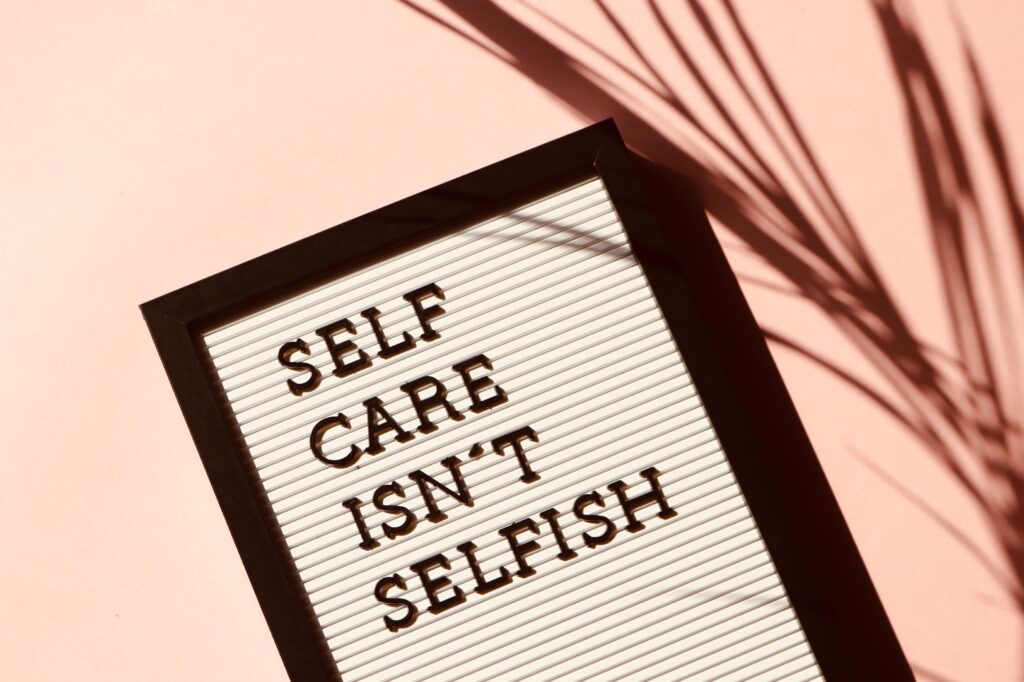Working from home can be very difficult for some people. It can bring out issues with mental health because of feelings of isolation and loneliness. Let’s look at some of the things you might notice if you were having mental health problems.
Symptoms vary between people and conditions, however, some common symptoms or behaviours that you might identify include:
- Constantly worrying about issues that would not normally be a cause for concern
- Avoidance of people groups such as meetings or lunch rooms
- Inability or difficulty in meeting normal deadlines, such as: picking children up on time
- Inappropriate aggression or anger
- Becoming overwhelmed easily
- Inability to make normal decisions
- Irrational fears
- Restlessness, tenseness or remaining on edge
- Crying easily
- Inability to accept constructive criticism or feedback
- Lack of confidence
- Abuse of alcohol or drugs
- Arriving late to work on a regular basis
- Not wanting to get out of bed in the morning
Every person experiences mental health issues differently. It varies between people and has varying lifespans. Some people suffer on and off over their life; others have endless symptoms. Some people only have a short period where they experience symptoms, and then they never return. It matters little how long or how severe the symptoms are, they are real and should not be ignored.
What should I do if I believe I have any of these symptoms?
If you identify several of the above symptoms at any one time, and the symptoms are causing problems for you, then the very first thing that you should do is seek medical advice. Mental illness, untreated can be debilitating and life threatening. Of course experiencing these symptoms does not mean you have a mental illness, but you should have it checked out. If you are experiencing any thoughts of suicide, harming behaviours or violent behaviours you should see someone immediately.
If you are experiencing signs of mental health problems, talk to someone. Early intervention is vital to the recovery process.

10 ideas that might help you
If you are dealing with a mental health issues there are some simple things that you can do that may assist in managing the symptoms:
- Try to continue to do the things you’ve enjoyed previously. You may not feel like doing them right now but try anyway. It can help!
- Stay active – try to at least go for a walk or go swimming or some other activity each day. Staying active can help to relieve the symptoms of depression.
- Know what triggers your symptoms. If you know the things that trigger your symptoms, it can help you to manage the symptoms.
- Try to keep in contact with friends. Isolation can make symptoms worse.
- Keep a routine – routines can help you to focus on what is important. Avoid taking naps throughout the day as this can make sleep at night more difficult.
- Avoid dwelling on negative thoughts. If you begin to worry about something, try taking a walk or doing something that takes your mind of it.
- Try medication. Relaxation can help when you are feeling unsettled or anxious.
- Don’t self-medicate with drugs or alcohol. Drugs and alcohol can be counterproductive to certain types of medications. Also, the damage done by excessive drugs and alcohol can have long term effects. Alcohol is a depressant and should not be taken if you are depressed.
- If you are feeling low, seek people out. Call a friend or family member and just talk.
- If your symptoms persist, please make sure you see your Doctor. Getting help sooner, rather than later is vital in the recovery process.
Where can you get help from?
If you need help with mental health issues or you know someone who could benefit from help there are many places with experienced people who can advise you on what to do.
SANE Australia www.sane.org Mental health-related information, tips, links and online help.
Anxiety Recovery Centre www.arcvic.com.au Information about anxiety disorders, their management and links.
Black Dog Institute www.blackdoginstitute.org.au Information on depression (including during and after pregnancy) and Bipolar Disorder – specifically causes, treatments, symptoms, getting help and current research findings.
Lifeline www.lifeline.org.au Links and a search facility that directs you to your local Lifeline centre.
Harm Reduction Victoria http://hrvic.org.au/ HRVic aims to educate, inform, support and advocate on behalf of Victorian people who use drugs and their friends and allies.
Beyond Blue https://www.beyondblue.org.au/ beyondblue provides information and support to help everyone in Australia achieve their best possible mental health, whatever their age and wherever they live.
Community Health Services – Check your local community guide or council to find out the community service options in your area.
Mental Illness Treatments: n.d. web 9th December 2016 retrieved from: https://www.betterhealth.vic.gov.au/health/conditionsandtreatments/mental-illness-treatments
Remember, if you begin to notice any of these symptoms or you just don’t feel right, get help. There is no reason to try to manage alone.
Content in this is provided for education and information purposes only. Content has been prepared for Australian residents and wider Australian audiences and was accurate at the time of publication. Readers should note that, over time, currency and completeness of the information may change. All users are urged to always seek advice from a registered health care professional for diagnosis and answers to their medical questions.

Written by Donna Bowman
Managing Director – EYF Online PD
and Contributing Published Author
Need a new perspective?
RAW – The Book Paperback
Need a new perspective? RAW explores real stories and trials from Nine everyday resilient women who emerged stronger, sharper, and ready to get on with it. Grab your copy TODAY!
Note: you must add Author Referrer as Donna Bowman on checkout
